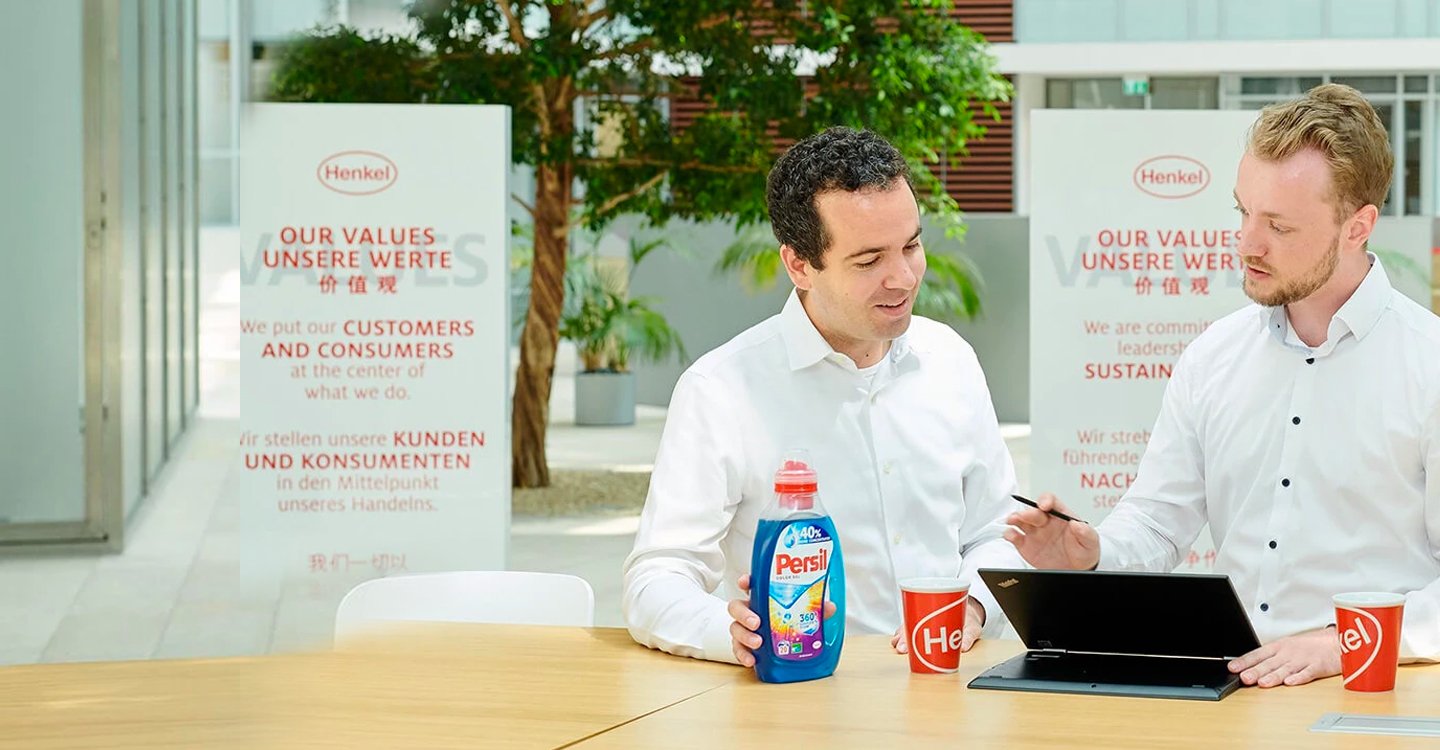How travel and transportation companies use technology to keep business moving
Juli 20, 2023 / Unisys Corporation
Short on time? Explore the key takeaways:
- The past few years have brought numerous supply chain challenges, including high fuel costs, supply chain shutdowns and labor shortages.
- Technology can’t solve every supply chain issue, but it can make strides in resolving some of the most common passenger and cargo issues.
- Companies are boosting customer service, taking care of cargo and passenger bags, accommodating high-travel times and gaining data insights using technology solutions from Unisys.
High fuel costs. Supply chain slowdowns. Labor shortages. These are just a few roadblocks faced by travel and transportation companies.
Numerous barriers have appeared between Point A and Point B over the past few years. Getting goods and passengers from one to the other has become increasingly challenging for airlines, airports and freight carriers.
While it can’t bridge every supply chain challenge, the right technology can make a major difference in increasing passenger and employee satisfaction and ensuring that cargo makes it where it needs to go. Increased technology investment will be one of the supply chain trends shaking up 2023, predicts consulting firm KPMG. In fact, six in 10 organizations expect to invest in digital technology to improve supply chain processes and data collection and analysis.
“Rather than offering supply chain capabilities as discrete add-on systems, they are bringing them all together in one platform, aiming to provide a seamless user experience,” writes KPMG.
We’ve been impressed by how Unisys clients meet supply chain challenges head-on with innovative solutions. Here are five ways airlines, airports and cargo handlers use technology to keep travelers happy and shipments moving.
#1 – Provide optimal service to airline
Air France KLM equips 90,000 employees with devices to better serve passengers. With support from Unisys, the airline provides an online help desk and onsite support for these devices at airport tech cafés. This increases employees’ quality of work, decreases unit cost and extends the life of devices.
While about 40,000 iPads are used by front office staff, the airline’s cabin crews use iPads to provide personalized services to passengers onboard. At Air France KLM tech cafés, employees can put their laptops into a secure box and receive it back refreshed or updated by Unisys the next day. They can also get answers to tech questions “in a pleasant, modern, simple and nice atmosphere” and access support case information on a screen, said Air France KLM Group CIO Jean-Christophe Lalanne in a video.
“We want to serve customers in the best way in the world. To make our customers happy and to smooth the relationship between them and us all along their travel journey is absolutely crucial,” Lalanne said. “And to do that, we provide them with a lot of digital solutions. If your employees are happy and like the devices they have, then the customers will be [happy]. So, there is a strong implication of one on the other.”
#2 – Deliver precious cargo safely
MASkargo works with almost 220 freight forwarders around the world and is the ground handling service for 42 airlines in Malaysia. The goods that MASkargo handles at Kuala Lumpur International Airport include live sheep, chicks, lobsters, crabs, fish and racehorses that must arrive safely to their destinations.
One mistake in the supply chain, like a flight or service delay, could put an animal in less optimal conditions. They all need to be kept healthy and handled properly. To deliver cargo on time and securely, MASkargo integrated Cargo Solutions from Unisys with the carrier’s automated warehouse system in months instead of the years it would have taken for the typical in-house system.
“Customers trust our ability to carry and handle up to one million tons of cargo annually to destinations around the globe,” said MASkargo CEO Ahmad Luqman Mohd Azmi. “Due to the nature of our daily operations, we require a reliable system with broad accessibility. Unisys has given us a robust, widely available system and access to regular system updates as well as enhancements that allow us to remain competitive.”
Piece-level tracking is another answer to how to solve the cargo visibility puzzle. It allows shippers, freight forwarders and other travel and transportation companies to track shipments by individual item and see the item’s location, status and expected travel time. This helps companies retain revenue previously lost to spoiled, damaged or lost products.
Besides helping follow livestock, other live animals and produce, piece-level tracking is useful for any cargo that must be stored at controlled temperatures when shipped, such as pharmaceuticals, chemicals and electronics.
#3 – Ensure that passengers’ bags arrive when they do
Landing in an amazing vacation spot? Exciting. Waiting in baggage claim and realizing your bags didn’t make the trip? Frustrating for you and a possible compliance issue for airlines.
To comply with Aviation Security Act’s “Triple A” regulations, the Board of Airline Representatives of Australia (BARA) must ensure that passengers and baggage travel together. For BARA, this involves supporting more than 40 international airlines operating in Australia.
BARA adopted the cloud-based advanced baggage reconciliation service developed and deployed by Unisys to meet the challenge. The solution includes managed services, network infrastructure, security architecture, handheld scanners, staff training, 24/7 help desk support, 3G and 5G scanning, and a messaging service to provide connectivity to all airlines.
The benefits included:
- Reduced cost and streamlined passenger service with measurable reductions in lost and mishandled bags
- Increased operational flexibility and IT scalability with the ability to handle increased volumes
- Real-time visibility and greater efficiency into baggage outcomes (lost bags)
- Compliance with the Government’s Office of Transport Security regulations
Similar benefits were realized by the Board of Airline Representatives New Zealand, which supports more than 20 international airlines operating in New Zealand.
"Passengers expect both their baggage and their personal information to be safe and secure. Likewise, airlines want to be in control and need to track and know the location of a bag to set standards for improved passenger experience,” said Barry Abrams, BARA Executive Director. “BARA's member airlines need a flexible solution that can scale up or down in line with fluctuating passenger demand. Unisys SaaS-based pay-as-you-use model provides us with that flexibility while complying with mandated security requirements for baggage-handling,"
#4 – Accommodate high-travel time periods
For the 2008 Summer Olympics, Beijing Capital International Airport opened Terminal 3, which the New York Times called “the largest building in the world.” It became a travel hub for visitors and one of the most important infrastructure projects supporting the Games, according to Beijing Capital Infrastructure Airport CEO Dong Zhi Yi.
The challenges of opening the terminal included seamlessly integrating its infrastructure with existing terminals and meeting complex baggage-handling requirements. The airport used Unisys technology to control flight information, collect data from handling agents and other airline systems, and incorporate more than 25 core operational systems without impacting operations for the rest of the airport.
As a result, the airport handled a record number of more than 1,600 commercial, chartered and VIP flights during the Olympics and increased airport capacity to accommodate more than 80 million passengers and 580,000 flights a year, including 124 flights an hour during peak hours.
“Beijing Capital International Airport has been highly praised for its user-friendly services, efficiency and exceptional professionalism. It achieved an outstanding record of ‘zero incidents, zero breakdowns and zero complaints’ during the Games,” Dong Zhi Yi said. “BCIA would like to express its gratitude to the Unisys team, the master systems integrator, for its whole-hearted support that helped make this perfect achievement possible.”
#5 – Gain data insights
Air India wanted to maintain its market position as India’s leading international cargo airline. The company adopted Cargo Solutions from Unisys for sales, invoicing and accounting, ground-handling and advanced data visualization.
That visualization gave Air India deeper insight into data and trends to support management decision-making. Among other things, this resulted in Air India gaining the ability to select highest revenue shipments by net prorated revenue at the point of sale and assess flight profitability based on flight revenue and load factors.
“Our cargo business is on a growth curve, and Unisys Cargo Solutions from Unisys provides deeper insights through advanced data visualization of customers, load factors, campaigns, etc. to help us identify new opportunities and reward loyal customers,” said Air India Executive Director – Cargo Nirbhik Narang. “By initiating credit control at booking, we have fewer bad debts and, ultimately, more cash flow.”
Learn how technology can help your business take off
Airlines, airports and other travel and transportation companies use Unisys solutions, including Cargo Solutions, to better serve passengers, track and deliver sensitive cargo safely, ensure that passengers’ luggage arrives when they do, accommodate periods of high passenger traffic and gain data insights to inform decision-making.
Explore our end-to-end transportation solutions to learn how they can support your efforts, or reach out to talk about how our solutions could work within your organization.



















